Christopher Herrick - Daquin: Nouveau livre de Noels (2007)
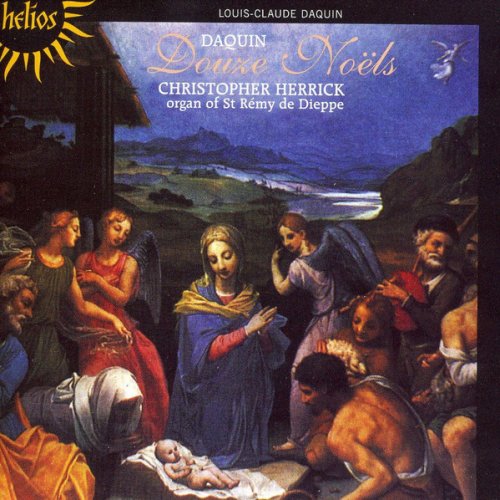
Artist: Christopher Herrick
Title: Daquin: Nouveau livre de Noels
Year Of Release: 2007
Label: Helios – CDH55319
Genre: Classical
Quality: FLAC (tracks+.cue, log, scans)
Total Time: 65:11
Total Size: 272 MB
WebSite: Album Preview
Tracklist:Title: Daquin: Nouveau livre de Noels
Year Of Release: 2007
Label: Helios – CDH55319
Genre: Classical
Quality: FLAC (tracks+.cue, log, scans)
Total Time: 65:11
Total Size: 272 MB
WebSite: Album Preview
01. I Noel (4:00)
02. II Noel (6:38)
03. III Noel (7:04)
04. IV Noel (4:41)
05. V Noel (5:19)
06. VI Noel (5:46)
07. VII Noel (4:24)
08. VIII Noel Etranger (3:38)
09. IX Noel (7:15)
10. X Noel (5:23)
11. XI Noel (6:57)
12. XII Noel Suisse (4:12)
Daquin: Nouveau Livre de Noëls Review by Patsy Morita
Louis-Claude Daquin was the organist of his day in mid-eighteenth century Paris, but although he wrote vocal, choral, and orchestral music -- mostly for church services (he and other members of his family were converted Jews) -- all that survived were two books of keyboard works, one of which is this Nouveau livre de Noëls. It dates from around 1740 and is a standard in the French organ repertoire, most often being excerpted for Christmas-themed instrumental compilations and as interludes in choral programs. Christopher Herrick recorded all 12 noëls for Hyperion on a true period instrument, the organ of St. Rémy in Dieppe, which dates from the same time as Daquin's compositions. It has a rounded tone throughout its registers and stops, so that the warmth and rustic qualities of the music come out with a gentleness and simplicity that are perfectly in keeping with the idea of shepherds and peasants celebrating the season. It also demonstrates why the noëls are best on the organ rather than on harpsichord or a chamber ensemble of mixed instruments, which Daquin also suggested. Each of the noëls is a miniature set of variations, based on tunes that were well-known in Daquin's day. They usually become more ornamented as they progress, which never seems to bother Herrick, and the varied voices of the organ is a part of Daquin's variation technique. The noëls are more akin to the harpsichord character pieces of Rameau and Couperin than the complex, structural organ works of Daquin's day. Two of the most popular noëls, No. 8 Noël Étranger and No. 10 Noël Grand jeu en Duo are cheery, light dances. No. 12 Noël Suisse, another frequent excerpt, is also a jig-like dance. It and others that are also in a minor key -- usually a mode associated with more melancholy feelings -- still manage to impart a sense of awe and joy in the season. The quieter ones, such as No. 2 and No. 7, are songlike and peaceful. No. 9, Noël sur les Flûtes, uses the airy sound of the stops very charmingly. Herrick has great musical sense to match the instrument to the music and to recognize both the similarities and differences between each noël to show exactly why the complete set holds an important place in the organ and holiday repertoires.
Louis-Claude Daquin was the organist of his day in mid-eighteenth century Paris, but although he wrote vocal, choral, and orchestral music -- mostly for church services (he and other members of his family were converted Jews) -- all that survived were two books of keyboard works, one of which is this Nouveau livre de Noëls. It dates from around 1740 and is a standard in the French organ repertoire, most often being excerpted for Christmas-themed instrumental compilations and as interludes in choral programs. Christopher Herrick recorded all 12 noëls for Hyperion on a true period instrument, the organ of St. Rémy in Dieppe, which dates from the same time as Daquin's compositions. It has a rounded tone throughout its registers and stops, so that the warmth and rustic qualities of the music come out with a gentleness and simplicity that are perfectly in keeping with the idea of shepherds and peasants celebrating the season. It also demonstrates why the noëls are best on the organ rather than on harpsichord or a chamber ensemble of mixed instruments, which Daquin also suggested. Each of the noëls is a miniature set of variations, based on tunes that were well-known in Daquin's day. They usually become more ornamented as they progress, which never seems to bother Herrick, and the varied voices of the organ is a part of Daquin's variation technique. The noëls are more akin to the harpsichord character pieces of Rameau and Couperin than the complex, structural organ works of Daquin's day. Two of the most popular noëls, No. 8 Noël Étranger and No. 10 Noël Grand jeu en Duo are cheery, light dances. No. 12 Noël Suisse, another frequent excerpt, is also a jig-like dance. It and others that are also in a minor key -- usually a mode associated with more melancholy feelings -- still manage to impart a sense of awe and joy in the season. The quieter ones, such as No. 2 and No. 7, are songlike and peaceful. No. 9, Noël sur les Flûtes, uses the airy sound of the stops very charmingly. Herrick has great musical sense to match the instrument to the music and to recognize both the similarities and differences between each noël to show exactly why the complete set holds an important place in the organ and holiday repertoires.
Download Link Isra.Cloud
Christopher Herrick - Daquin - Nouveau livre de Noels FLAC.rar - 272.2 MB
Christopher Herrick - Daquin - Nouveau livre de Noels FLAC.rar - 272.2 MB

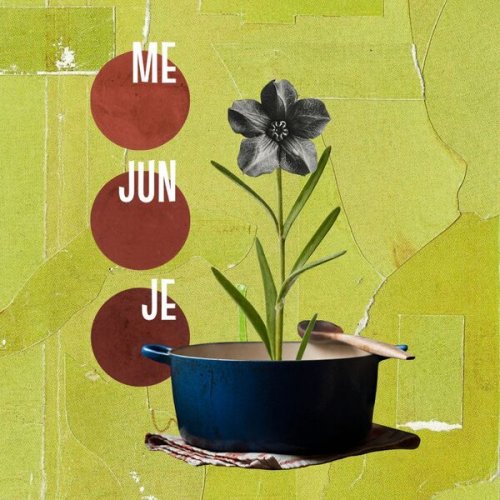
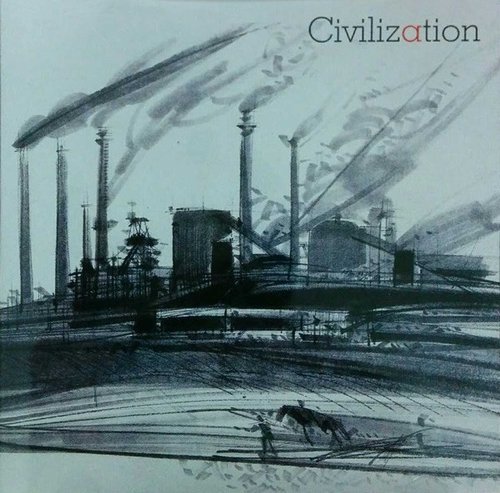
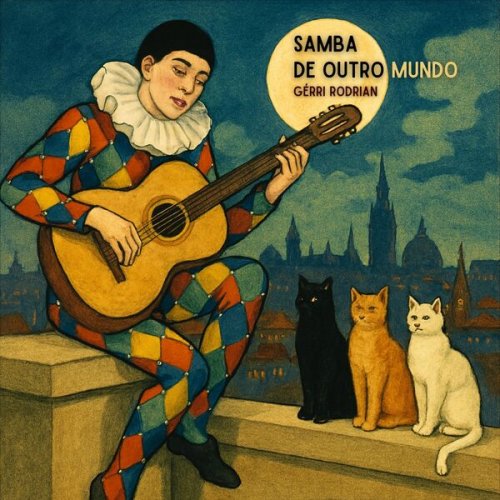
![Jay Cinema - A Smile to a Tear (2025) [Hi-Res] Jay Cinema - A Smile to a Tear (2025) [Hi-Res]](https://img.israbox.com/img/2026-02/15/3den0r6ij0gj805kc59em92op.jpg)
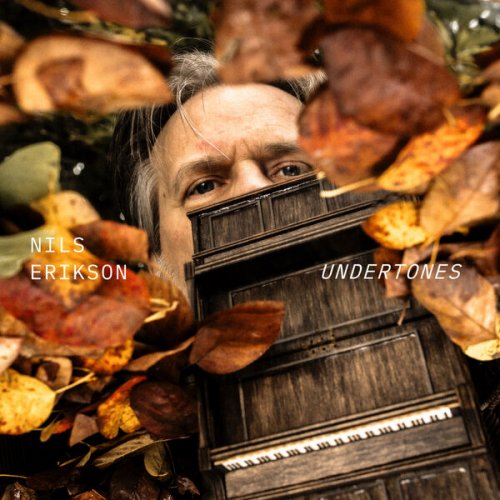
![Black Viiolet - Dark Blue (2026) [Hi-Res] Black Viiolet - Dark Blue (2026) [Hi-Res]](https://www.dibpic.com/uploads/posts/2026-02/1771144440_cover.jpg)

![Amal Murkus, Alessandro Sgobbio - تنفُّس Breathing (2026) [Hi-Res] Amal Murkus, Alessandro Sgobbio - تنفُّس Breathing (2026) [Hi-Res]](https://img.israbox.com/img/2026-02/12/9poaluplwioed8qjbmjfl2ajb.jpg)